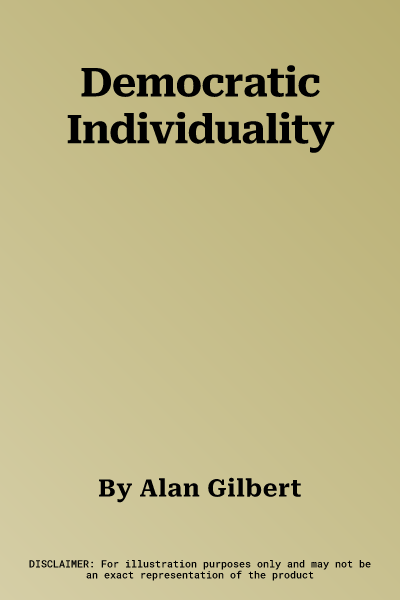Alan Gilbert
(Author)Democratic IndividualityHardcover, 31 August 1990

Temporarily out of stock
Free Delivery
Cash on Delivery
15 Days
Free Returns
Secure Checkout

Print Length
526 pages
Language
English
Publisher
Cambridge University Press
Date Published
31 Aug 1990
ISBN-10
0521382718
ISBN-13
9780521382717
Description
Product Details
Author:
Book Format:
Hardcover
Date Published:
31 August 1990
Dimensions:
22.81 x
15.19 x
2.9 cm
ISBN-10:
0521382718
ISBN-13:
9780521382717
Language:
English
Location:
Cambridge
Pages:
526
Publisher:
Weight:
821 gm